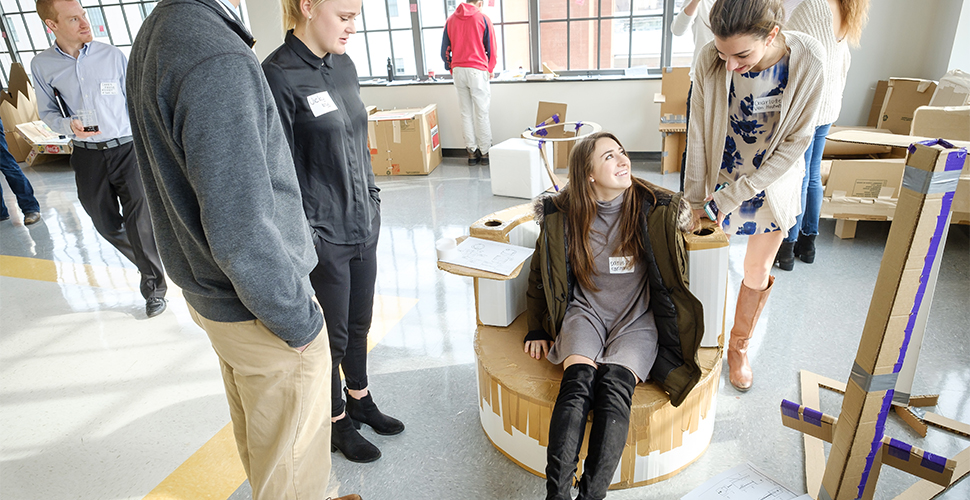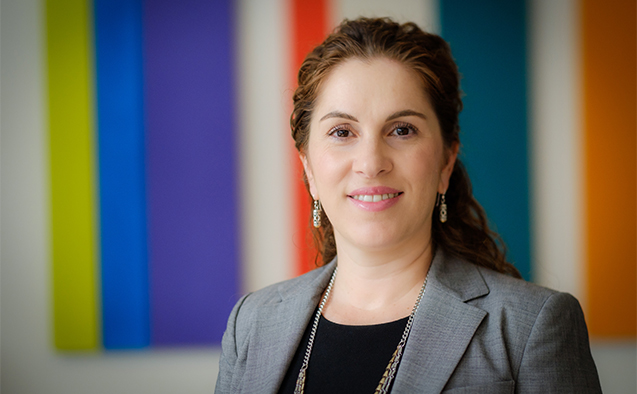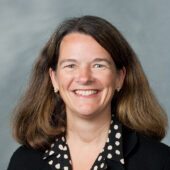Wake Forest engineering gains momentum, receives prestigious invitation to join KEEN
Wake Forest University’s Department of Engineering is celebrating a prestigious milestone with an unprecedented invitation to join the Kern Entrepreneurial Engineering Network (KEEN) at the conclusion of its first academic year.
With support from the Kern Family Foundation, KEEN is an elite national partnership of 36 universities with the shared mission to graduate engineers with an entrepreneurial mindset that enables them to create personal, economic and societal value through a lifetime of meaningful work. Wake Forest is the first KEEN partner institution in North Carolina.
“The entrepreneurial mindset KEEN inspires aligns with our curricular emphasis on allowing students to create customized pathways that align with personal and professional interests.” Nathan O. Hatch, Wake Forest president
“We look forward to learning from – and contributing to – best practices with other colleges and universities that value innovation in engineering education,” said Hatch.
Wake Forest’s engineering program launched in 2017 and is located at Wake Downtown. Eighty students are enrolled in EGR 111 this fall.
Olga Pierrakos, Wake Forest’s founding chair of engineering, said collaboration, connections and relationships across the country facilitated by KEEN will provide Wake Forest faculty opportunities to further the engineering program at Wake Downtown while positively influencing undergraduate engineering education nationally.
“We are excited to partner with Wake Forest around the creation of this student-focused engineering program,” said Thor Misko, program director of the entrepreneurial engineering program at the Kern Family Foundation. “Wake Forest is the first KEEN partner that is a new program. Through a focus on real-world experiences and an emphasis on character, Wake Forest will graduate engineers with a desire for life-long learning, the ability to derive unique insights from that learning, and the ability to identify opportunities to apply those insights, ultimately creating value for themselves, the economy, and society as a whole.”
The KEEN partnership comes just weeks after the American Society for Engineering Education (ASEE) highlighted Wake Forest’s inaugural year of undergraduate engineering at its annual conference with a six-minute feature video.
“The kind of innovative thinking that served as the catalyst for us to join KEEN is embodied in our University, modeled by the champions that made the engineering program a reality, woven in the fabric of the engineering curriculum and founding faculty, and a core inspiration for our students.” Olga Pierrakos, Wake Forest’s founding chair of engineering
The KEEN invitation builds upon continued momentum for the engineering program as it enters its second year, including:
- Student interest – More than 80 incoming first-year students have expressed an interest in engineering. The inaugural cohort had 52 at the end of the spring semester – much higher than the 27 students who said they planned to pursue engineering this time last year.
- Faculty growth – The Department of Engineering has added three new faculty. Assistant Professors Erin Henslee, Lauren Lowman and Kyle Luthy will begin teaching classes and contributing to curriculum development alongside Professor Pierrakos, Associate Professor Michael Gross and Assistant Professors Elise Barrella and Elizabeth Boatman.
- Gender diversity – 71 percent of the department’s faculty are female– compared to 15.7 percent of engineering faculty across American universities. This is a significant development in promoting gender equity in the industry and particularly meaningful since approximately 40 percent of Wake Forest’s first cohort is female and more than 40 percent of the students enrolled in EGR 111 this fall are women.
- Project-based learning – One of the unique aspects of the program is that students completed five major projects in their first year – something students at some schools don’t complete until their junior or senior years. These project assignments encouraged students to work in teams, engage with external stakeholders and gain exposure to different types of real-world engineering challenges.
- Internship-ready students – As a result of the project-based learning, Wake Engineering students were able to contribute to society not at the end of four years, but by the end of year one. Most of the inaugural cohort participated in engineering-related internships this summer.

For students, the blend of STEAM (science, technology, engineering, art and math) disciplines and real-world problem-solving creates an innovative – and sometimes surprising – learning environment.
“I didn’t know I was going to do engineering. I signed up for the class because I was at a liberal arts university and wanted to explore what I wanted to explore. I was instantly hooked,” said John Hobson, a rising sophomore who is a member of the inaugural class. “I did not expect to see myself grow in more areas than just learning physics, mathematics and the technical side of things. The most rewarding thing is I learned a lot more about myself, about being disciplined and about working with a wide range of other people.”
“As the program grows, my hope is to sustain our welcoming culture and immense focus on knowing exactly who we are – an integrated liberal arts engineering program with a strong commitment to our University mission of Pro Humanitate,” Pierrakos said.
Contact the news office to arrange interviews with engineering faculty or to arrange coverage of the first class meeting for EGR 111 on Aug. 28.
Read more about Wake Forest Engineering
- Schooling Google? WFU among universities creating a culture to support women, minorities in STEM
- ‘This is perfect’: WFU launches engineering program enriched by liberal arts
- Not enough women in STEM? How WFU’s new engineering program is breaking the mold
- WFU engineering students test their creativity with cardboard
- Wake Forest provides a model for BC to implement engineering program
- Self-driving cars: WFU engineering students kick the tires on safety and ethics
Categories: Awards & Recognition, Enrollment & Financial Aid


